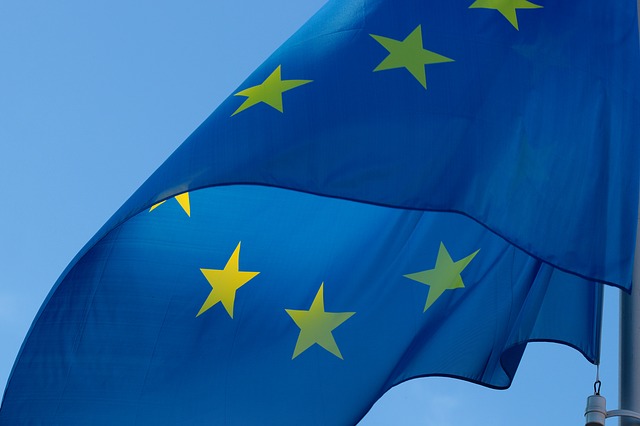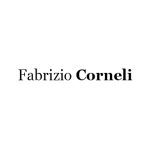Classic / Brussels Business, EU Lobbying, Euro news, Lobbying Culture; Influence on Legislative policies, Mohamed Ogbi, Think Tanks; NGOs / May 18, 2018
Influence on legislative policies: NGOs, Think Tanks & Lobbying
This article we will compare lobbying Between The European Union and the United States in terms of Culture, Law, Political Structure and the interpretation of the Court. (Video source: euronews)
Influence on legislative policies:
- NGO’s (e.g. environment, health care, and human rights)
- Think tanks
- Lobbying
All of these organisations might differ in working mechanism and goals, but they share a general interest in trying to maintain a favorable regulatory environment for their organisations, members or clients. In this article we will compare lobbying Between The European Union and the United States in terms of Culture, Law, Political Structure and the interpretation of the Court. According to research that was conducted by the international and constitutional affairs in the EU showing that in the year 2000, about 2600 groups had a permanent office in Brussels and the number still growing an estimate of 15000 lobbyists.
Definitions:
Think tank: a group of experts brought together, usually by a state to develop ideas on a particular subject to make suggestions for action (Cambridge Dictionary). another definition: A policy institute (often termed, “Think tank” by journalists) is an organisation that performs research and advocacy concerning topics such as social policy, political strategy, economics etc.
Lobbying: Lobbying is the act of attempting to influence decisions made by officials in the state most often legislators or members of regulatory agencies.
Comparison between US and EU lobbying
| Comparison | US | EU |
|---|---|---|
| Culture | Widely accepted due to the long American tradition of lobbying thus drew a wider variety of interest groups including NGO’s and citizen’s groups. | More sceptical towards lobbying as a legislative part of the political process. |
| Lobbying Law | 1. Mandatory register. 2. The lobbying disclosure law since WWII after worries that Nazi Germany was trying to lobby congress to prevent the US from entering WWII. | Voluntary register since 2007 |
| Political structure | Nation state with a federal structure | A collection of nation states with only partial limitation to sovereignty |
| Court | Interpreted by court ruling as a freedom of speech and is therefore protected by the constitution | Not clearly defined due to linguistic differences, but widely understood and the functions of the lobbyist are more clearly recognized than other terms such as "government relations", "public affairs" or "special interest groups". Such issues of definition are of more than academic interest. they were one of the major difficulties experienced during the laborious process of developing a European Parliament strategy towards lobbyists. It should also be mentioned that the term "lobbyist" still carries a rather negative meaning in a number of other Community languages (e.g., in German or Italian). |
Do governments need lobbies?
In 1980’s there was a rise in Japan and a strong economy in the United States and Europe was concerned about falling behind. It was clear that Europe had to go through some changes, to develop and reform policies for the future on the European level.
In the early 80’s, the commissioner of industry “Vicomte Davignon” spoke to the European parliament and said: “If I want to speak to European industry, who do I talk to?
Later in an interview, he said: there was insufficient contact in-between the commission and the economic operators.
In another word, the relationship, which existed, was a relationship with the federations of industries on an official level, but not at the level of the people were responsible for individual businesses, and that was the missing link. When the ERT “European round table of industrialists” was established with 50 CEOs running the biggest companies in Europe, it gave them the capacity to be listened to and a chance to talk about the general problems they found out through their experience. The ERT later published a document called “reshaping Europe” which suggested some reforms, the single market act, competition law and free trade.
That was a profound example of a turning point where lobbies enrolled in by a political application in order to enhance an economic reform plan thus later contributed to the signing of the European single market act.
It is interesting to see how different elements have helped shape the structure and legislation of the European union over the years. in our next article we will write about the background and the structure of the European union.
Read more about it by clicking on this link. For more articles by Proimpact Marketing Consultancy Click here.


Recent Posts
 Malik Zinad’s Rise to Fame 2020
Malik Zinad’s Rise to Fame 2020Click here to read the article
Our Clients
Contact Us
- BORGO SS APOSTOLI,
50122 Florence,
Italy - +39 327 862 5580
- Info@proimpact.it
- COOKIE POLICY
- PRIVACY POLICY
- IMPRINT
- We Achieve Together






